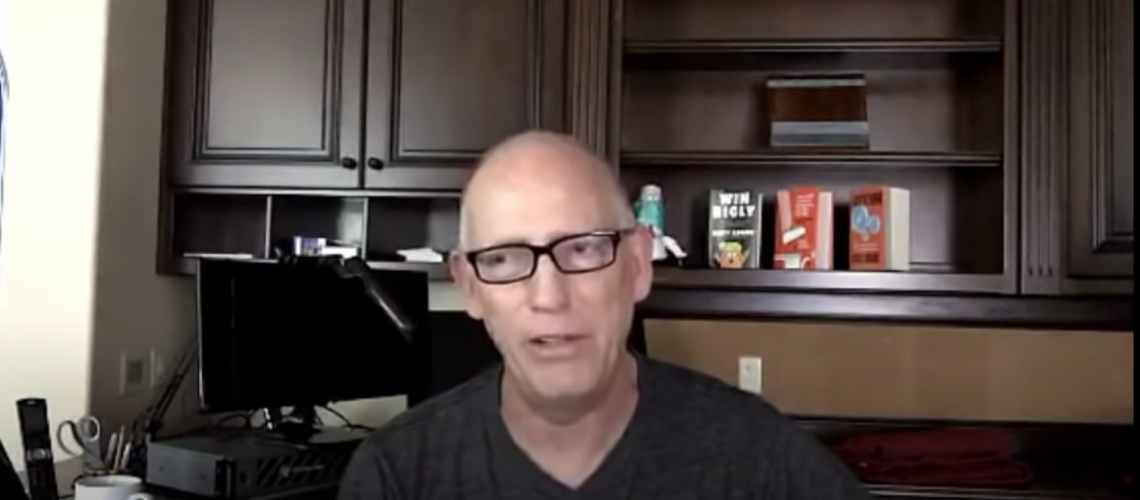A Digital Bill of Rights — Version 1.0
By Scott Adams | @ScottAdamsSays
Edited by Joshua Lisec @JoshuaLisec
Because we need a new system of rights for the new, digital age.
V1.0 is from Coffee with Scott Adams Episode 1054 July 11th, 2020
- Video evidence of a crime is not admissible in court unless both the prosecution and the defense agree that it shows what happened. Because videos, photos, and audio recordings are more misleading than clarifying. Removing the beginning or end of a video changes its context and therefore meaning.
- There is a maximum five-year ban from any digital platform, regardless of offense. Because public platforms are too important for daily life to have somebody blocked forever. If you come back and engage in the same behavior, you’re banned again.
- You have the right to know the identity of your online accuser. Because in the legal system, you have a right to know who accuses you. If somebody tweets that Scott Adams eats kittens, Mr. Adams has the right to petition Twitter to unveil that person’s identity.
- You are the only one who has the right to tell your opinion. Because no one knows your inner thoughts but you. In addition, you have the right to label all misrepresentations of your opinion online.
- Nobody can be guilty by digital association. Simply having your photo taken with the worst person in the world doesn’t make you a bad person.
- You cannot be blamed for anything you say while anonymous. Because everybody says things privately that would get them canceled if said in public. This does not apply to threats of harm.
- You cannot be blamed for any digital reproduction of something that happened over twenty years ago. Because you should not be punished today because of something your digital ghost did—the version of you that no longer exists.
- Single source reporting must be self-labeled. Because news with one source is highly non-credible information.
- Any news reports corrections must be as prominent as the original story. Because fake news often gets millions of impressions while corrections get thousands.
- If you try to organize a boycott against any company, your own identity must be public. Because anyone calling for boycotts against American companies should not have the advantage of privacy when the target does not. Mutual assured destruction prevents that.
- It is illegal for news organizations (not an individual) to show a video or audio recording that is edited to change context or meaning. Because President Donald Trump never called the Charlottesville neo-Nazis “fine people,” a simple clarification which many news reports removed from the video excerpt they published.

